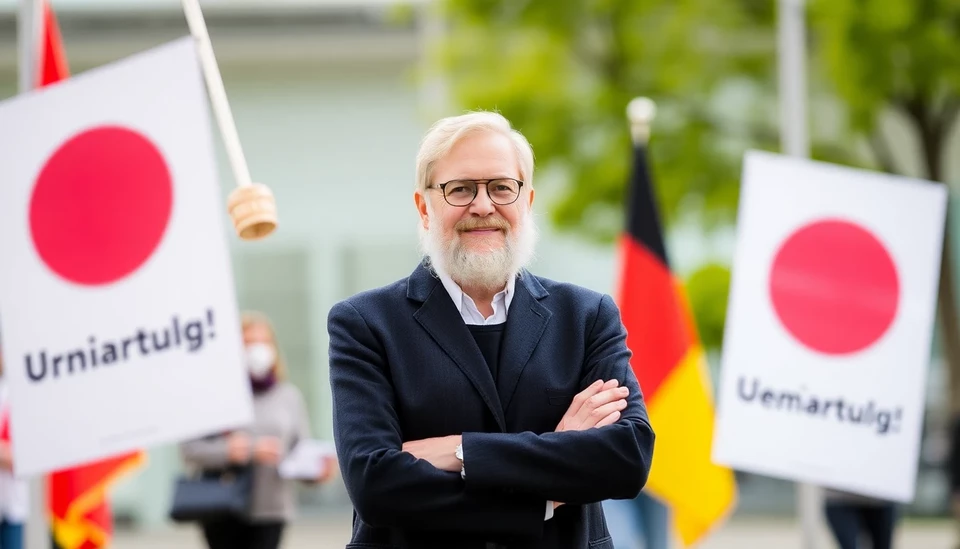
In a significant development for workers in the German public sector, discussions are underway that could lead to staggered wage increases for employees. This proposal comes as part of broader negotiations aimed at addressing the growing cost of living and the need for improved compensation structures within various governmental departments.
Union representatives, who are advocating for better pay, have voiced their concerns over stagnant wages that have not kept pace with inflation. With rising living costs adversely affecting household budgets, the urgency for wage adjustments has escalated among labor unions and workers alike. Deliberations are currently focused on establishing a framework that would allow for an equitable and timely implementation of wage hikes.
Also at the forefront of these discussions is the emphasis on fairness across the public sector, ensuring that the proposed wage increases reflect variations in worker contributions and specific sectoral challenges. Leaders within the public sector are advocating that these staggered increases not only enhance employee morale but also attract and retain key talent in critical positions.
The negotiations have been marked by an array of proposals, with both sides seeking a consensus that satisfies the financial constraints of government budgets while simultaneously delivering adequate compensation to public sector employees. The implications of these negotiations extend beyond just wage increases; they underline a pivotal moment for labor relations in Germany, especially as the workforce becomes increasingly vocal about their needs and expectations.
Observers note that the outcome of these discussions could have lasting ramifications on labor negotiations in other sectors as well, potentially serving as a benchmark for future agreements. With public sentiment rallying around fair compensation, the German government finds itself at a crossroads where it must balance fiscal responsibility with the welfare of its workforce.
The proposed staggered wage increases have garnered attention from various stakeholders, including political figures and economic analysts, all keen to understand how these changes could reshape the landscape of employment within the public sector. The pressure is mounting as unions prepare to mobilize their members to advocate for their interests should discussions stall or fail to meet expectations.
As negotiations progress, the focus remains on achieving a solution that addresses the pressing concerns of public sector workers, with the hope that a fair and sustainable wage increase can come to fruition. The outcomes of these talks are anticipated to be revealed soon, setting the stage for the future of employment standards and labor rights in Germany.
In conclusion, as the dialogue continues, it becomes increasingly clear that the resolution of wage disputes is not just about numbers; it is a reflection of the value placed on labor and the commitment to providing equitable work environments. The spotlight now remains firmly on both the government and the unions as they work toward an agreement that meets the needs of all parties involved.
#Germany #PublicSector #Wages #LaborNegotiations #EqualPay #CostOfLiving #UnionAdvocacy #EmployeeRights
Author: Daniel Foster




